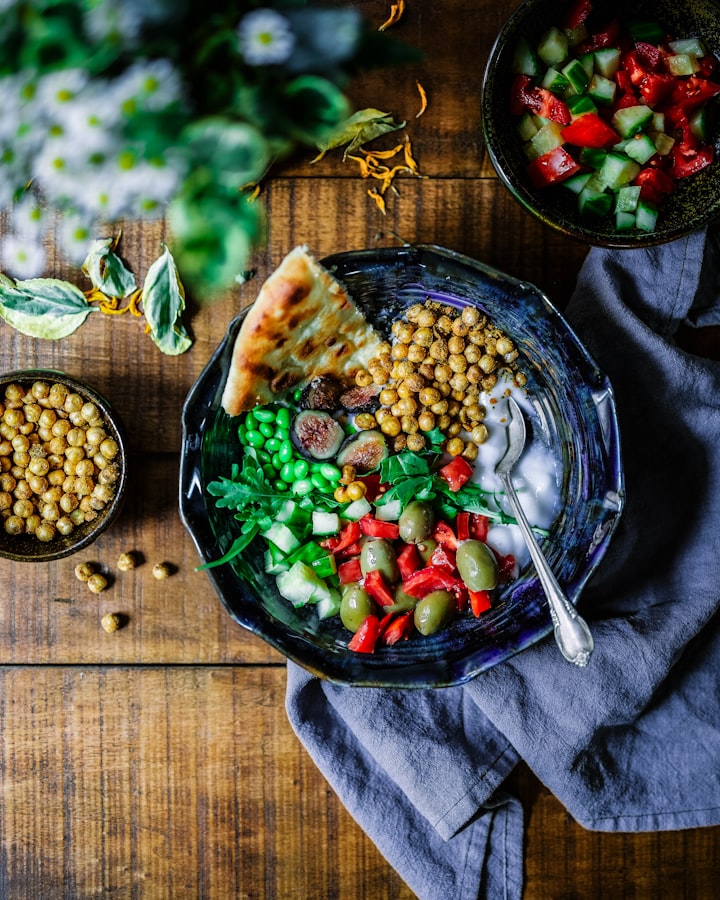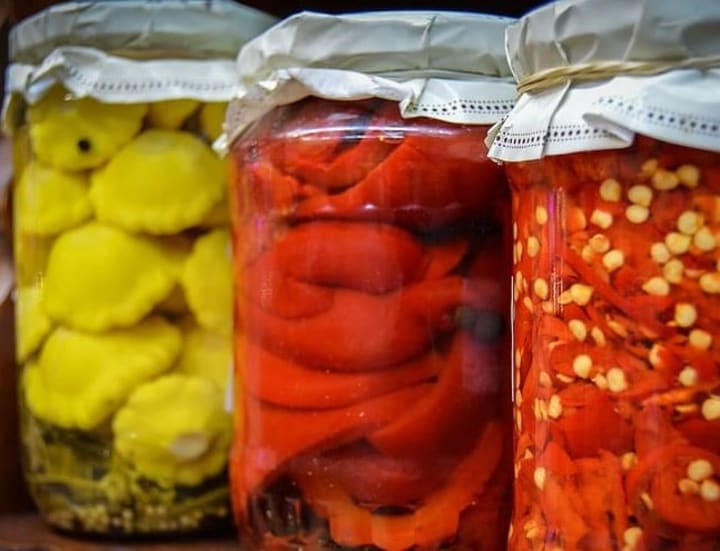9 Tips for Healthy and Easy Sustainable Eating
What you eat and how you shop has an impact on your health and the environment

Yes, sustainable eating is a thing, and it’s good for you! Environmentalism is big news, especially with all the crazy stuff going on around the world. The Covid-19 pandemic is highlighting things like pollution levels and it is clear that we have to work on living more sustainably to try to save our planet. Humanity is becoming increasingly conscious of our personal environmental footprint and how the choices we make affect this. What we put on our plates is part of that.
Opting for Sustainable Food Habits
Every day, we make choices on how to fuel our bodies. These choices can have a heavier impact on the planet, or a lighter one. Here are some tips to make more sustainable choices when it comes to your eating habits.
1. Avoid highly processed food – If a food product contains several ingredients that come from all over and has been through many manufacturing steps, its carbon footprint will be higher. Try to stick to simple foods, for example, a handful of nuts would be a smarter choice than a nutrition bar that contains nuts and a whole bunch of other ingredients.
2. Choose nutritious food instead – Unprocessed foods like vegetables, fruits, whole grains, nuts, seeds and pulses are not only better for your health, they are also more sustainable because resources are generally used more wisely in their production. Using precious resources like soil and water to produce foods with low nutritional density is a waste.
3. Eat locally and seasonally – The environmental cost of producing, storing and transporting food beyond its natural growing season and outside of the area it’s grown in is massive. By supporting local farmers, you would also be contributing to the local economy. Something to watch out for though, is the growing method. In some cases it may be more sustainable to buy food that was grown outside of it's natural atmosphere than to buy from a local producer who uses heated greenhouses to grow their produce.
4. Use preserved foods out of season – People have been preserving food for centuries. Lightly processed preserved foods like canned, frozen or dried foods are more sustainable than produce shipped from far away or grown in heated greenhouses. Another way to preserve food is through fermentation like sauerkraut, kimchi, tempeh, soy and miso. Food preserved in this way contains probiotic bacteria which has a range of health benefits.

5. Eat more fruits and veggies - A small but sustainable (and healthy) practice is to simply add fresh produce to your meals. Most fruits and veggies have a low environmental impact. By eating more of them, you will eat less meat and dairy which have a higher environmental impact. It has been proven that greenhouse gases are a major cause of climate change and a lot of the emissions in the world come from the production of animal products.
6. Eat organic – Organic farming releases fewer greenhouse gas emissions. Depending on the country you live in, organic food production has a set of regulations. Most of them stipulate limits on synthetic pesticides and use natural ways to control pests, weeds and diseases. This way of farming also supports sustainable soil practices like using manure and composting. Organic food is usually fresher and healthier because it is more nutrient-dense and contains less toxins.
7. Recycle food waste – The UN Food and Agriculture Organization estimates that over a billion tons of food is wasted every year around the world. This happens during farming, processing, transporting, retailing, cooking and consuming. While we can’t control all these stages, we can help decrease these numbers by making sure that scraps and leftovers get converted into compost or donated for animal feed. Organic food waste makes excellent fertilizer!
8. Change the way you shop – Every time you drive to the grocery store, your carbon footprint increases. Try to plan your shopping lists and shopping trips so you can travel less and bring your own bags. When selecting products, be aware of the packaging used and, where possible, go for recyclable or reusable packaging.
9. Start a veggie garden – One of the most sustainable things you can do also happens to be good for your pocket. Starting your own garden will give you free food with practically no environmental impact. There’s also the joy of spending time outside in the sunshine tending your garden and the sense of accomplishment when you begin to see (and eat!) what you’ve grown.
About the Creator
Gilles Berdugo
The name is Gilles, I'm just a friendly freak of nature, environmentalism, and travel. Always on the lookout for cool sustainable solutions and opportunities to help others go green. Reuse, reduce, recycle 😉.






Comments
There are no comments for this story
Be the first to respond and start the conversation.